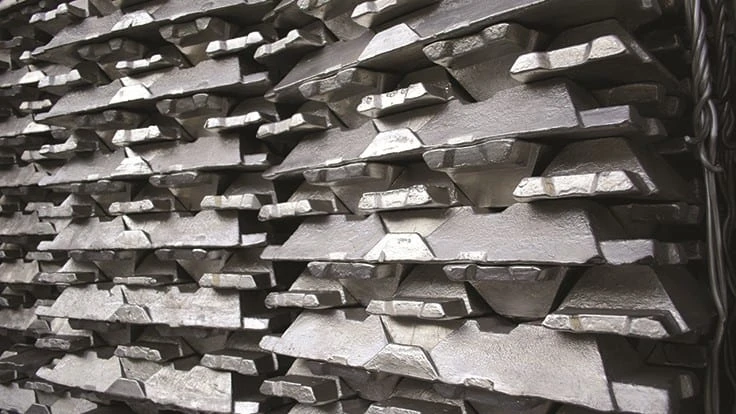
Aluminum associations representing producers in the United States, Europe, Canada and Japan are calling on G7 governments “to provide leadership in support of ambitious multilateral and plurilateral negotiations to discipline trade-distorting government support and state ownership in industrial sectors.” The G7 (Group of Seven) countries are Canada, France, Germany, Italy, Japan, the United Kingdom and the United States.
The coalition states, “There is clear and compelling evidence today that existing multilateral subsidy rules are inadequate to remedy the scale and scope of state intervention in aluminum markets.” The groups point to a recently released report from the Organization for Economic Cooperation and Development (OECD) that found during the past decade, “governments provided considerable support in the form of below-market borrowings, the vast majority of which went to Chinese firms.”
The report estimates the value of China’s governmental support to have ranged between 4 and 7 percent of the annual revenue of these firms, which the cooperating aluminum producers call “in stark contrast to other firms in the sample which received support in the vicinity of 0.2 percent of their annual revenue.”
Over that same period, the North American, European and Japanese producers say, “China has accounted for most of the increase in global production capacity.”
In the joint statement, the top officers of the U.S.-based Aluminum Association, European Aluminium, the Aluminium Association of Canada and the Japan Aluminium Association also point to recycling and emissions-friendly aluminum production as being a victim.
They write in part, “Energy-efficient production and recycling systems in the U.S., Europe, Canada and Japan can make a major contribution to sustaining good jobs in rural areas, ensuring reliable supplies of strategically important materials, and realizing a low-carbon economy–but only if international markets along the aluminum value chain are free, fair and open.”
Latest from Recycling Today
- BMW Group, Encory launch 'direct recycling’ of batteries
- Loom Carbon, RTI International partner to scale textile recycling technology
- Goodwill Industries of West Michigan, American Glass Mosaics partner to divert glass from landfill
- CARI forms federal advocacy partnership
- Monthly packaging papers shipments down in November
- STEEL Act aims to enhance trade enforcement to prevent dumping of steel in the US
- San Francisco schools introduce compostable lunch trays
- Aduro graduates from Shell GameChanger program





